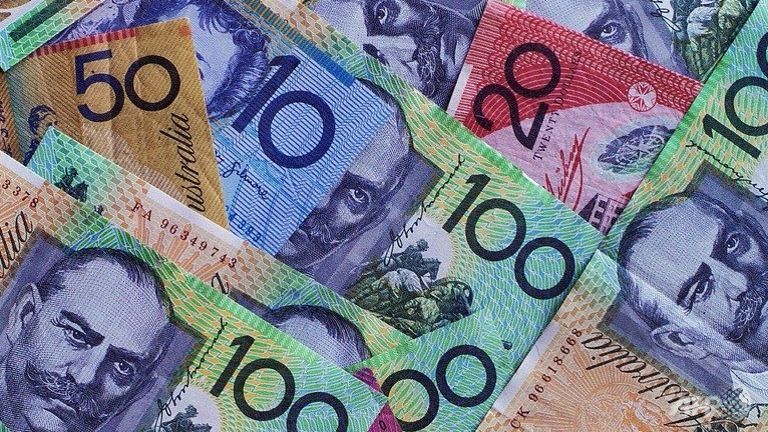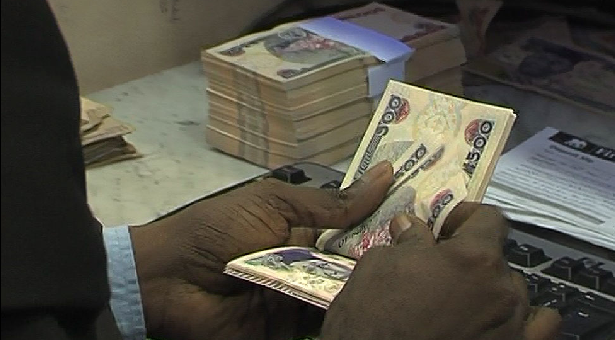- Aussie Dollar’s Rollercoaster Shows Dilemma Facing Central Banks
Australia’s central bank whipsawed the nation’s currency this week, underscoring just how difficult policy makers are finding it to even discuss an end to ongoing stimulus.
Minutes of the Reserve Bank of Australia’s July meeting released Tuesday included a discussion of the level of the neutral interest rate, which was estimated at about 3.5 percent — a long way from the current 1.50 percent. Traders interpreted the discussion as a signal that rate hikes were on the way and sent the Australian dollar soaring, effectively tightening conditions in the economy.
Just three days later, the RBA’s No. 2 official used a speech to hammer home that policy makers were not signalling tighter policy. The Aussie promptly tumbled.
“Debelle has clearly taken the opportunity to hose down interest rate expectations for a rate rise and take some of the heat out of the currency,” Kristina Clifton, an economist at Commonwealth Bank of Australia, wrote in a note.
The big swings in the Aussie dollar are a vivid illustration of just how sensitive markets have become to any hint of a shift in central bank communication after years of ultra loose monetary policy. European Central Bank President Mario Draghi has struggled to contain expectations for any winding back of stimulus and the Bank of England has also whipsawed markets with mixed messages on whether or not it plans to tighten.
In the case of Australia, Debelle was emphatic in his message that traders had misread the central bank’s minutes by fueling the Aussie’s biggest one-day gain in four months. The currency and three-year bond yields reached the highest since 2015.
Instead, he said because Australia’s cash rate didn’t fall as low as those of global counterparts, the RBA doesn’t automatically have to follow suit now that peers have begun tightening.
A stronger currency is the last thing policy makers in Sydney want as they seek to boost the nation’s services and exports sectors in the wake of a cooling mining boom. The average value of the Australian dollar against a basket of other currencies, known as the trade-weighted index, has climbed about 6 percent since the start of June.
It takes just a 5 percent increase to inflict the same economic impact as a quarter-point hike in the Reserve Bank of Australia’s cash rate, according to Paul Bloxham, chief economist for Australia at HSBC Holdings Plc, who previously worked at the central bank.
Debelle’s comments unwound most of the post-minute gains. Bonds were set to end the week little changed, while the Aussie was up 1 percent against the greenback and was heading for declines on the week versus six of the 10 major developed currencies.
The experience in Australia is a reminder of how sensitive markets are to central bank speak, said Chua Hak Bin, a Singapore-based senior economist with Maybank Kim Eng Research.
“Given exceptionally low current interest rates in most countries, any signals about potential policy tightening will lead to large currency swings,” he said.

 News3 weeks ago
News3 weeks ago
 Business3 weeks ago
Business3 weeks ago
 Technology3 weeks ago
Technology3 weeks ago
 Investment3 weeks ago
Investment3 weeks ago
 Banking Sector3 weeks ago
Banking Sector3 weeks ago
 Banking Sector3 weeks ago
Banking Sector3 weeks ago
 Appointments3 weeks ago
Appointments3 weeks ago
 Investment3 weeks ago
Investment3 weeks ago



























